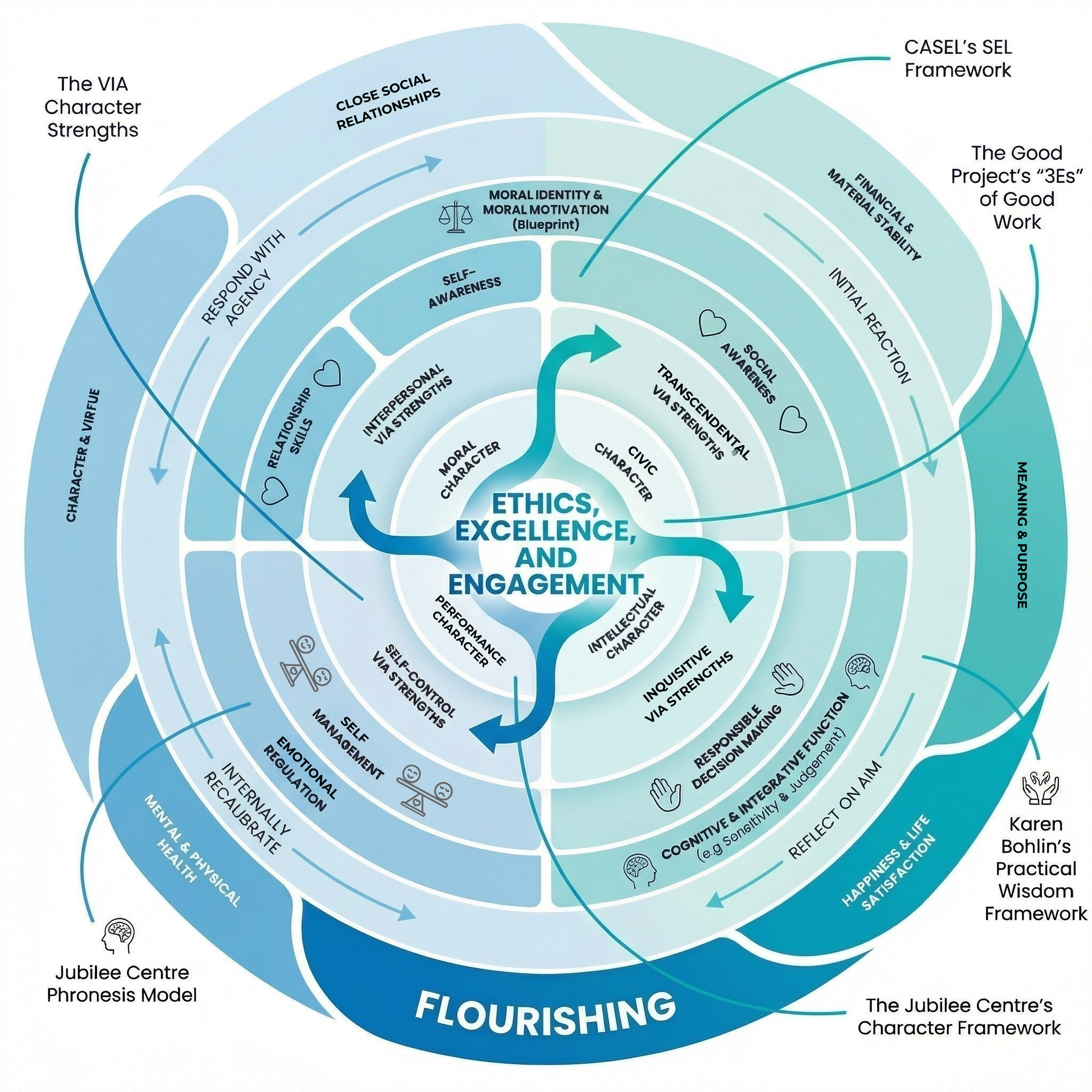Few have the knowledge and/or the skills to separate the news wheat from the hyperbolic or invented chaff.
I am old enough to remember when the news—what was happening each day in the U.S. and in the rest of the world—was presented in a way that was authoritative, which is completely different than is the case today. Every evening, the three television networks (and there were only three!) would broadcast a half hour of news. There was a trusted anchorman whom much of the nation, often gathered in a family room, listened to and watched. The emblematic figure was Walter Cronkite, who presented the CBS Evening News for almost two decades (1962-1980). At the end of the half hour, Cronkite would declare “That’s the way it is,” and in case you did not quite understand ‘how it is,’ Cronkite would call on Eric Sevareid, his erudite colleague, to explain the news to millions of viewers.
At the time, most of us believed what we heard, most of the time. And that’s because we believed that the anchor man (for a long time, always a man) and the reporters—if not the commentators—were seen as disinterested. In other words, whatever their own views and predilections, they would put them aside and try to secure and present the story in as accurate a fashion as possible. That’s what it meant to be a reporter and a journalist, whether in the field or sitting at a desk. If there were cases in which the disinterestedness—or ‘objectivity’—were called into question, there would be an uproar. So powerful was the anchorman that people called quite seriously for Walter Cronkite to run for president. (I wager that, if he had run in the 1960s or 1970s, he would have been a credible candidate.) And, memorably, when Walter Cronkite visited Vietnam in 1968, and declared on the news that the war in Southeast Asia was unwinnable, President Lyndon Johnson shut off the television in anger and declared, “If I’ve lost Walter Cronkite, I’ve lost middle America!”
Fast forward fifty years. At present, no one in the world of news or journalism has anywhere the credibility that Walter Cronkite (and others, like Edward R. Murrow or Chet Huntley and David Brinkley) had. Indeed, until 2015, when they went off the air, comics Jon Stewart and Stephen Colbert were considered, especially by young people, as more credible sources of news than those designated by the broadcast media as journalists or anchorpersons. Nowadays, anyone with access to a computer can create a news blog, and anyone with access to a smart device can transmit a report or a photo from the field. We are deluged with information 24/7, and few of us are able to separate the news wheat from the hyperbolic or distorted or invented chaff.
Also, and perhaps related, the whole notion of objectivity, neutrality, and ‘disinterestedness’ is under severe attack. Some people feel that even if we as individuals try to be disinterested, we will inevitably fail. Others believe that the whole notion of ‘disinterestedness’ is illusory: the world is about power and influence, nothing else, and whoever has the power will determine the reality. As a presidential candidate, Ronald Reagan memorably quipped in a debate in 1980, “I paid for the microphone.”
I take the opposite view. At a time when there is so much misinformation and disinformation around, it is more important than ever that we identify individuals, sources, platforms, and blogs that believe in disinterestedness; that have it as their goal; that seek to achieve it; that reflect on successes and failures, correct errors of any sort, strive to do better the next time around, and at least some of the time succeed in doing so. (I have often noted that those who are most cynical about truthfulness become gleeful when they actually catch someone whom they don’t like uttering a lie!) Those individuals, groups, or sources that keep their eye on this ideal should (and perhaps will) flourish; those that disappoint or deceive should (and perhaps will) disappear. I keep in mind Lincoln’s words: “You can fool all the people some of the time, and some of the people all the time, but you can’t fool all of the people all the time.”
But how to make these decisions? How to distinguish the disinterested from the disingenuous or the dishonest? One way is to attend to the ‘power of the crowd’—to see where the largest audience flocks. But how to tell when the crowd is wise, and when it is foolish?
Another is to follow those who seem most trustworthy—whether or not they win in terms of number of ‘likes’ or ‘hits.’ This track requires careful monitoring, to make sure that the candidates-for-your-trust are actually well informed, that they admit when they have erred, make corrections, and—most important—keep their focus on true north. I am reminded of the journalist I. F. Stone who based his reports only on printed sources, never consorted with politicians, and in his publications was for decades the embodiment of journalistic integrity.
But in the end, neither millions nor dozens can make the decision for you. Just as you choose a doctor or lawyer or accountant on the basis of various factors, and may on occasion switch, so, too, you need to determine whom or what you trust—but, to quote Ronald Reagan once more, verify as well.
For more about disinterestedness in the modern age, see my chapter “Disinterestedness in the Digital Era” in Danielle Allen and Jennifer Light’s edited 2015 book From Voice to Influence: Understanding Citizenship in a Digital Era (University of Chicago Press).






